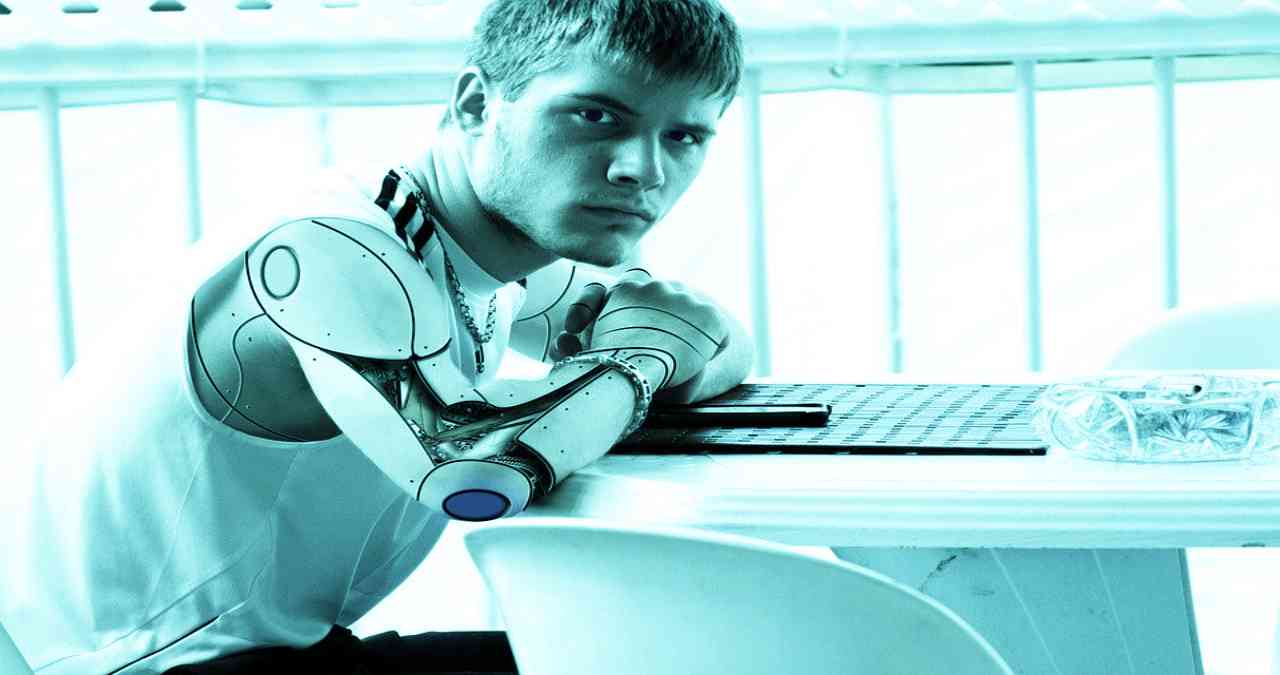There was a time when performing small tasks would be a painstaking process. Take the example of shopping. We had to physically heel-drag from shop to shop before we finally stumbled upon the desired product. Thankfully, that is no longer the case. Today, you can grab your smartphone and buy just about anything and everything on the go. From an expensive car down to perishable items, the e-commerce websites provide all the stuff one can venture to imagine. Who thought shopping would be done with such ease?
There is an endless list of perks we owe to the modern-day technology. However, the working-class has reservations against the growing footprint of Artificial Intelligence (AI). Employees assume that robots will take over their jobs, and humans will have no mental or manual work to do in the foreseeable future. This concern is not entirely baseless because more and more businesses are beginning to rely on AI. But, AI can never fill the shoes of humans regardless of all the latest upgrades.
Here are the top factors that stop AI from entirely replacing humans at workplaces:
Table of Contents
AI cannot perform creative tasks
For some people, creativity is something only artists possess. They believe that if you are not making a sculpture or writing a poem, you cannot be creative. Well, it can’t get any further from the truth. Creativity is about innovative ideas, which are very important to keep a company churning a business. If an organization falls short of out-of-the-box proposals, it will have no chance to stand in the modern-day cutthroat competition. That is where the human brain outperforms AI.
Our brain allows us to spark groundbreaking ideas after navigating through literature such as music, poetry, etc. We can even delve into the surroundings and use it as a source of creativity. On the other hand, machines lack this trait; despite the invention of sophisticated technologies like machine vision, there is still a long way ahead.
You can anticipate questions and feed their answers to the robots. But sometimes customers will come up with problems that might never cross your mind, and robots will be caught off-guard. A human is more likely to sail through such a situation because he can think beyond a set pattern.
AI is emotionless
Robots are not maintaining their relevance to the IT, law enforcement, agriculture, and manufacturing industries. They have also made it to the field of medicine with the recent advent of therapy bots. These bots ensure top-notch technical assistance. But providing medical care is just one part of the job. Most of the patients also need an emotional cushion in the form of empathy. Again, one cannot program robots to empathize.
According to a comprehensive study, showing empathy to patients accounts for greater patient satisfaction. Practicing compassion does not only go down well with sick people. Relating to your employees’ thoughts and emotions at the workplace is equally beneficial and jacks up productivity to a great degree.
Also Read: Artificial Intelligence – The Best Ally To Take Advantage Of The Digital Sales Channel
AI lacks the understanding of teamwork
Over time, the corporate culture has undergone various changes. For example, in the past, organizations were keen to distribute tasks individually among the staff. Everyone would engage in the assigned responsibilities on a personal level. Today, this trend has nearly marked its ending. The reason being, when an employee does something alone, he might not be motivated to do it faster. Business owners have dealt away with this problem by introducing the concept of teamwork. Going by a Gallup report, cooperation could increase the bottom line by a staggering 21 percent.
Machines are not well-versed with the idea of collaboration. Though a business may linger along with AI, it can’t yield the benefits of teamwork in humans’ absence.
AI cannot contextualize things
Data is at the heart of AI. At times, it takes more than data to perform business operations efficiently. For instance, someone might call your customer service representative and inquire about a situational scenario that might not exist in your system. You can only crack these problems by taking things into context, and AI will not know how to resolve it.
AI falls short of role adaptability
When we hire an employee, we typically assign them a specific role. But, in case of an emergency, you can ask your employees to wear multiple hats. Though it would be difficult for many individuals to do things outside their scope, they might do a fair job for the time being. In contrast, you can’t expect robots to engage in multiple responsibilities or multitask.
The final verdict
Undoubtedly, AI has achieved a remarkable feat in such a short time. What’s more, workplaces will witness the rampant growth of robots. Yet, human labor is here to stay because AI is not entirely free from drawbacks.
Also Read: HOW ARTIFICIAL INTELLIGENCE IS CHANGING COMMUNICATION WITH CUSTOMERS

